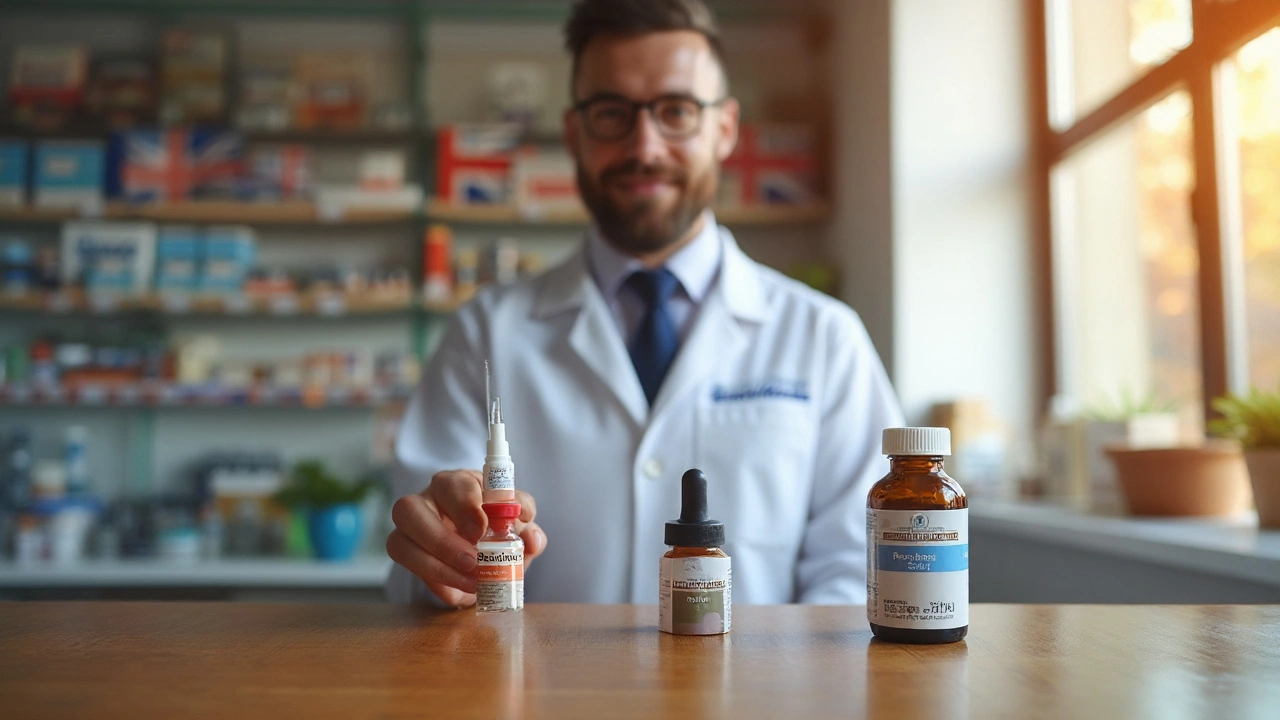Besivance: What It Is and Why You Might Need It
Besivance (tedizolid phosphate) is an oral antibiotic approved for treating certain lung infections, especially bronchiectasis caused by Mycobacterium abscessus. If you’ve been told to take Besivance, you probably have a stubborn bacterial infection that other drugs didn’t clear. It works by stopping the bacteria from building their cell walls, which kills them off.
Unlike many antibiotics that you have to take multiple times a day, Besivance is taken once daily, which makes it easier to stick to the schedule. It comes in a tablet that you swallow with water, and you don’t need to worry about food restrictions—just follow your doctor’s instructions.
How to Use Besivance Safely
First, get a prescription from a qualified healthcare provider. The typical adult dose is 200 mg once a day, but your doctor might adjust this based on kidney function or other health issues. Always take the tablet at the same time each day to keep steady drug levels in your body.
If you miss a dose, take it as soon as you remember—unless it’s almost time for the next dose. In that case, skip the missed one and continue with your regular schedule. Never double up; an extra dose can raise the risk of side effects.
Store the tablets at room temperature, away from moisture and heat. Keep them out of reach of children and pets.
Common Side Effects and When to Call the Doctor
Most people tolerate Besivance well, but you might notice mild issues like nausea, headache, or a temporary change in taste. These usually go away on their own. If you develop a rash, fever, or severe stomach pain, stop the medication and call your doctor right away—these could signal a more serious reaction.
Because Besivance is processed by the liver, people with liver disease need extra monitoring. Your doctor may order blood tests after a few weeks to check liver enzymes and make sure everything’s okay.
Another point to watch: Besivance can interact with certain medicines, especially those that affect liver enzymes. Tell your pharmacist about every prescription, over‑the‑counter drug, and supplement you take.
Pregnant or nursing mothers should discuss risks with their doctor. The drug’s safety during pregnancy hasn’t been fully established, so it’s usually avoided unless the infection is life‑threatening.
Overall, Besivance offers a convenient once‑daily option for tough lung infections. By sticking to the prescribed schedule, watching for side effects, and keeping your healthcare team in the loop, you can maximize the benefits while minimizing risks.
Got more questions? Check the FAQ section on this page or ask your pharmacist. Knowing what to expect helps you feel more in control of your treatment.

Besivance (Besifloxacin) vs Other Ophthalmic Antibiotics: A Practical Comparison
A detailed look at Besivance ophthalmic solution, how it works, and how it stacks up against other eye antibiotics like ciprofloxacin, ofloxacin and tobramycin.
